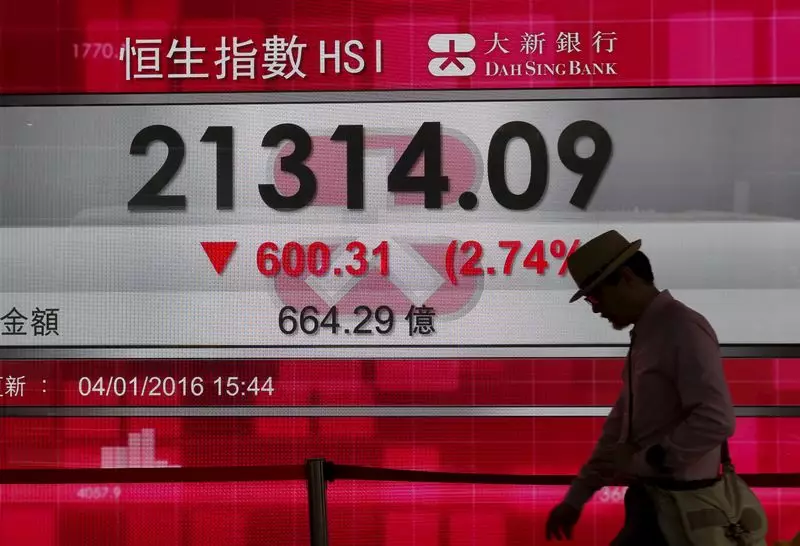Recent announcements concerning financial policy in China have sent waves of optimism through the market. Analysts have likened these measures to deploying a “bazooka” aimed at reviving the stock market, especially Chinese equities, which have been deemed undervalued. This shift in policy has been perceived as a robust attempt to not only stimulate domestic markets but also to enhance the attractiveness of Chinese investments in the global arena. The immediate repercussions observed include a surge in investor confidence, leading to significant fluctuations in stock prices that indicate a rally.
However, it is crucial to approach these developments with a balanced lens. While the excitement within the financial circles is palpable, the longevity and depth of this market jolt pose a crucial question. Can this policy shift yield sustained economic growth, or is it merely a fleeting boost in market enthusiasm? The complexities surrounding China’s economic landscape suggest that the latter may indeed be more probable.
Underlying Economic Challenges
Despite the short-term gains in stock performance, prominent financial analysts maintain a cautious stance regarding the broader implications of these policies. According to BCA Research, the structural issues plaguing the Chinese economy cast a long shadow over the efficacy of such measures. The analysts point out that while there may be a temporary outperformance in equities, the reality is that critical sectors of the economy are grappling with deeper challenges.
Specifically, China’s ongoing struggle with debt deflation and hesitance among households to spend exacerbates an already fragile economic environment. Confidence among business owners, particularly in large private enterprises, remains at a nadir, which complicates the recovery process. Citing that the new subsidies constitute merely 0.8% of GDP, the belief is that this will not catalyze the level of recovery needed to shift the economic narrative substantially.
The Property Market Dilemma
Broader implications remain tied closely to the status of China’s property market, an area that is still in distress. Without serious interventions such as a sweeping quantitative easing program specifically aimed at revitalizing the real estate sector, the economy may continue languishing. Previous attempts, including a financing initiative for property developers last year, failed to produce significant progress.
Moreover, because real lending rates in China are still prohibitively high—especially in a deflationary context—both borrowing and consumer spending are impeded. Local governments, facing their fiscal constraints and anti-corruption pressures, are also unlikely to play a proactive role in stimulating economic growth. The combination of these factors hints that the “bazooka” effect may not have lasting repercussions in terms of reviving the overarching economy but might function as a temporary boost for the stock market alone.
While the recent policy announcements have invigorated enthusiasm within China’s financial markets, the longer-term outlook remains clouded by significant economic hurdles. The immediate market uptick may be welcome, but the underlying structural challenges suggest that investors and policymakers alike should temper their expectations. The real test will be whether these measures lead to substantive economic recovery or are merely a respite for an otherwise troubled financial landscape. As the global economy navigates these waters, the implications for both Chinese and worldwide economic stability will become increasingly vital.

